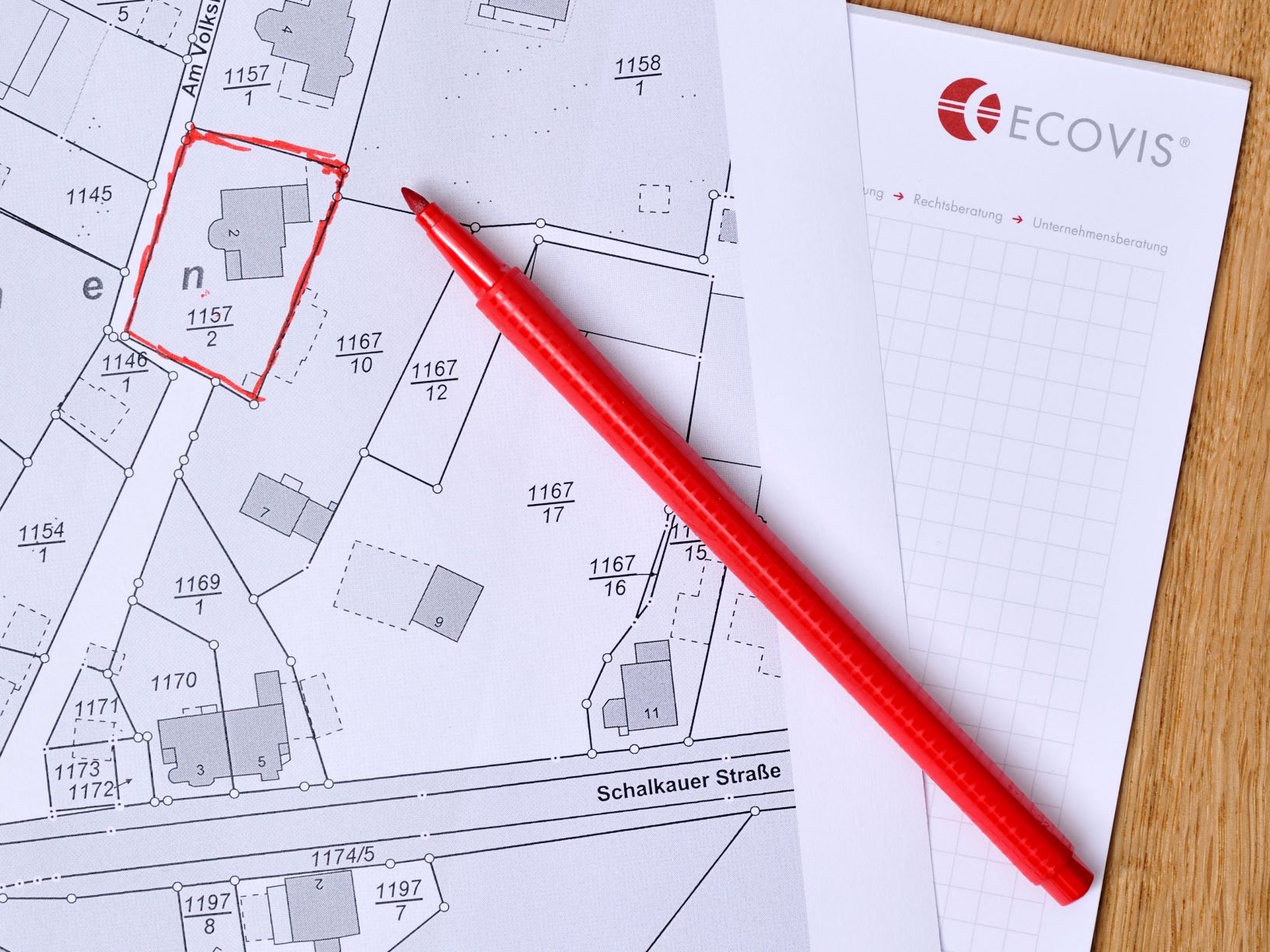Less than a year after the adoption of the new law in Czech Republic, there will be another change in the registration of beneficial owners. What changes await us?
Current form Act No. 37/2021 Coll., on the registration of beneficial owners (hereinafter referred to as " Law on the registration of beneficial owners “) The Czech implementation of the rules of the AML Directive was so incorrect that the European Commission initiated infringement proceedings against the Czech Republic. In order to avoid the threat of sanctions, the government was forced to draw up in a short time an amendment to the law on the registration of beneficial owners , which was approved by the Chamber of Deputies at first reading on 7 July 2022 . If the amendment is approved by the Senate and subsequently signed by President Miloš Zeman, it will take effect on 1 October 2022.
Another reason the Czech government justified the need for the amendment to the Beneficial Owners Registration Act is to reduce the administrative burden, especially for newly affected entities that have duly fulfilled their obligations under the existing regulation and for entities with a new registration obligation, using the tool of automatic transcription from other registers.
The final reason for the change in beneficial ownership registration is greater transparency of organisations, which is key in assessing the risk and trustworthiness of legal entities.
Changes in the register of beneficial owners in the Czech Republic
In particular, the section on the definition of the beneficial owner will undergo significant changes. The amendment no longer envisages a distinction between the so-called ultimate beneficiary and the person with ultimate influence, as this is the distinction that the European Commission accuses the Czech Republic of being redundant.
The Czech government's draft amendment to the Beneficial Owners Registration Act also narrowed the number of exemptions from the registration obligation according to § 7 of the Beneficial Owners Registration Act , Trade unions and employers' organisations, unit owners' associations, district and regional chambers, political parties and movements, churches and religious societies and, last but not least, hunting associations will also have to indicate their actual owners in the register. Following these changes, a large number of other provisions related to these institutes had to be amended and terminological and logical changes had to be made.
Final beneficiary in the Czech Republic
Section 3 of the Beneficial Owners Registration Act , which governed the definition of the final beneficiary, is repealed in its entirety. The existing distinction between beneficial owners and persons with ultimate influence is no longer applied by the amendment. Beneficial owners will therefore be divided only into direct or indirect and material (according to § 4 of the Beneficial Owners Registration Act as drafted), replacement (By § 5 of the Beneficial Owners Registration Act ) or formal (according to § 6 of the Beneficial Owners Registration Act ).
Thus, in practice, according to the amendment, the spouse of a partner with a relevantly large share (over 25%) that is part of the community property will no longer be in the position of beneficial owner.
Material characteristics of the beneficial owner in the Czech Republic
A fundamental change brought by the amendment is the introduction of a uniform characteristic of the beneficial owner. The beneficial owner now either owns or controls the legal entity or legal arrangement. This may naturally lead to a situation where there are several beneficial owners. In the registration assessment, ownership and control may arise from direct or indirect relationships. Ownership is easier to determine because it is a given factual situation. However, in the case of the institution of control, the theoretical possibility of control by a natural person is sufficient and the actual act of control itself is not required.
Person with decisive influence
The person with decisive influence may no longer be, according to the rebuttable presumption, only a member of the statutory body, but also other persons in a similar position or representing such persons. These may be, for example, a guardian, an insolvency administrator or a liquidator. The beneficial owner should therefore in principle be identical to any substitute beneficial owner. This change also extends the scope of the registration obligation under § 7 of the Beneficial Owners Registration Act to a wider range of subjects.
Exceptions to the registration obligation
The amendment to § 7 of the Beneficial Owners Registration Act no longer appear in the proposed wording, the actual owner will have to be identified and registered after the amendment.
There is a new provision relating to the new substantive test set out above § Section 33a of the Beneficial Owners Registration Act , according to which the competent court will determine, upon application of the legal entity, whether or not the legal entity concerned passes the substantive test under Section 7(1)(b) of the amended Beneficial Owners Registration Act. The court may proceed even without a petition if it is appropriate to protect the rights of third parties.
Transitional provisions of the amendment to the Act on the registration of beneficial owners
The law sets a six-month deadline for compliance with the registration obligation in the case of entities that were previously deemed not to have a beneficial owner.
The amendment also introduces a special regime for legal entities and legal arrangements established within one month of the effective date of the Beneficial Owners Registration Act. During this period, it will not be possible to intervene in the registered data due to extensive overwriting, and therefore the provisions on liability for non-compliance with the registration obligation will not apply to newly established entities during this period.
The transitional provisions also contain so-called protective provisions for legal entities that have duly fulfilled their registration obligation under the current legislation. These legal entities will have a period of six months from the entry into force of the amendment to register a beneficial owner that meets the criteria of the new legislation.
Another transitional provision with regard to the practicality and clarity of the assessment of applications for registration of the beneficial owner stipulates that applications delivered to the court, or applications submitted to a notary, at the time of the effectiveness of the existing legislation shall be processed according to the legal regime in force on the date of submission.
Exemption from court fees
The last important transitional provision is the exemption from the court fee for the first registration for entities that either a) did not have the registration obligation under the current legislation or b) had the obligation but fulfilled it under the current legislation, i.e. ensured the registration in the register of beneficial owners. The exemption does not apply to fees paid by a notary in the case of direct registrations through a notary.
For more information, contact us at:
JUDr. Mojmír Ježek, Ph.D.
ECOVIS ježek, advokátní kancelář s.r.o.
Betlémské nám. 6
110 00 Praha 1
e-mail: mojmir.jezek@ecovislegal.cz
www.ecovislegal.cz
About ECOVIS ježek advokátní kancelář s.r.o.
The Czech law office in Prague ECOVIS ježek practices mainly in the area of Czech commercial law, Czech real estate law, representation at Czech courts, administrative bodies and arbitration courts, as well as Czech finance and banking law, and provides full-fledged advice in all areas, making it a suitable alternative for clients of international law offices. The international dimension of the Czech legal services provided is ensured through past experience and through co-operation with leading legal offices in most European countries, the US, and other jurisdictions. The Czech lawyers of the ECOVIS ježek team have many years of experience from leading international law offices and tax companies, in providing legal advice to multinational corporations, large Czech companies, but also to medium-sized companies and individual clients. For more information, go to www.ecovislegal.cz/en.
The information contained on this website is a legal advertisement. Do not consider anything on this website as legal advice and nothing on this website is an advocate-client relationship. Before discussing anything about what you read on these pages, arrange a legal consultation with us. Past results are not a guarantee of future results, and previous results do not indicate or predict future results. Each case is different and must be judged according to its own circumstances.














